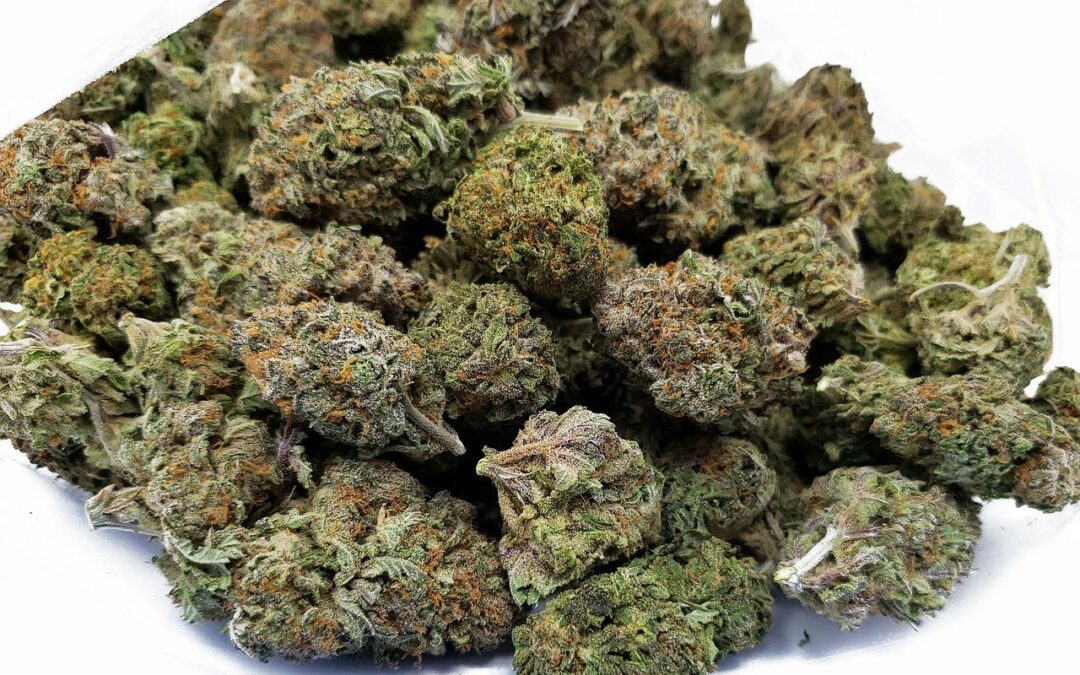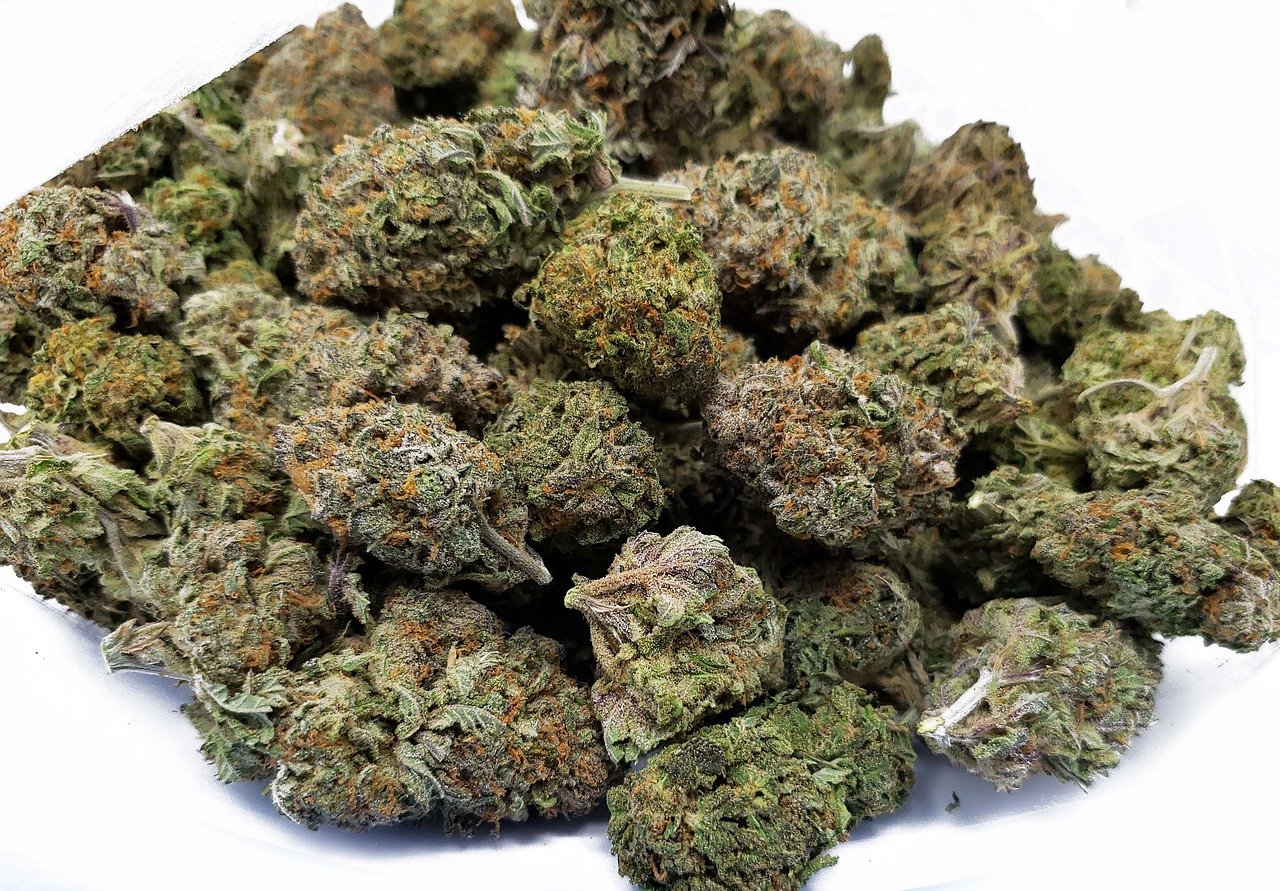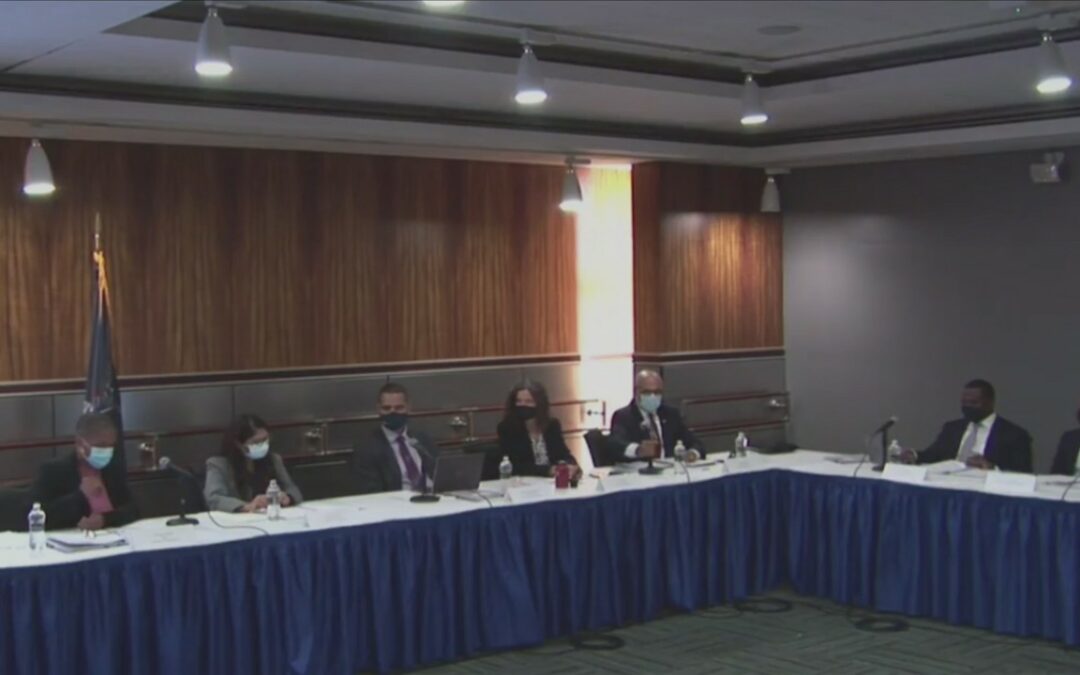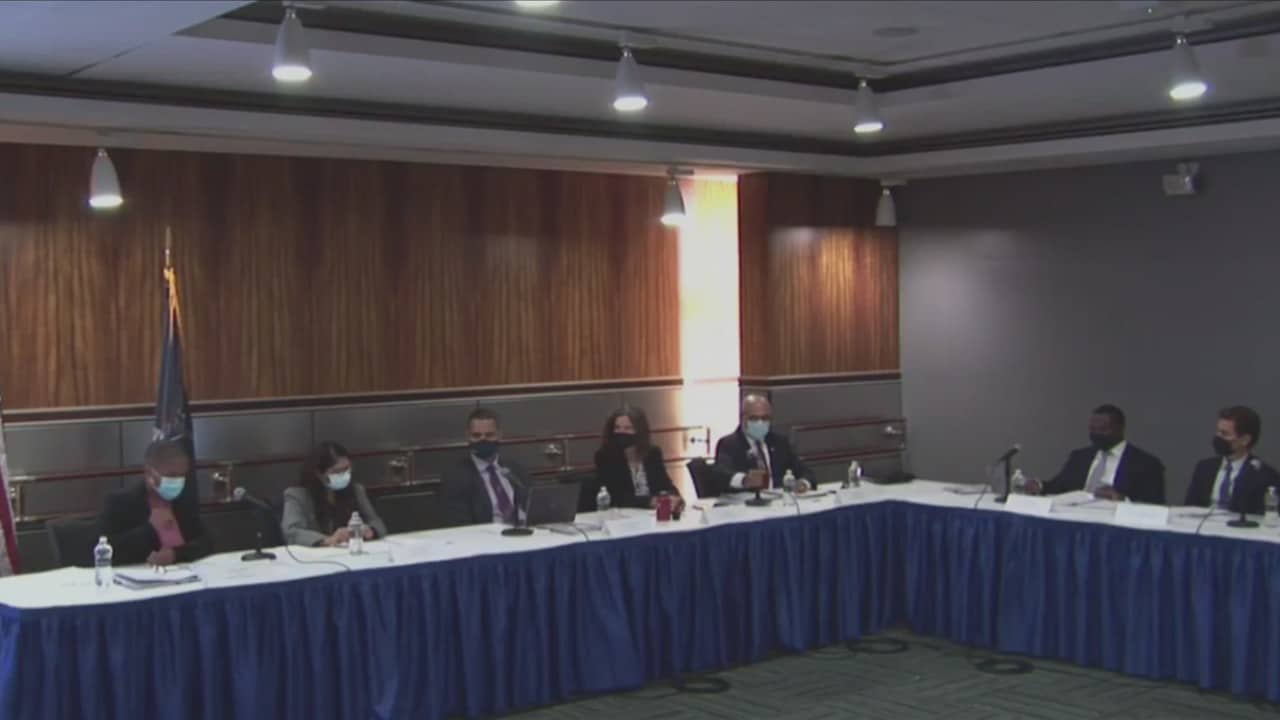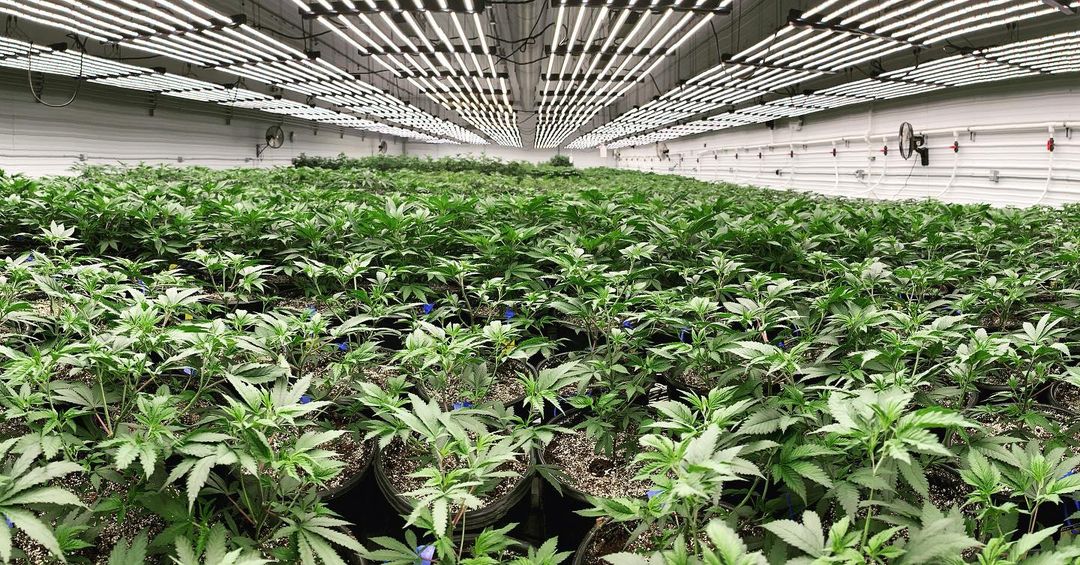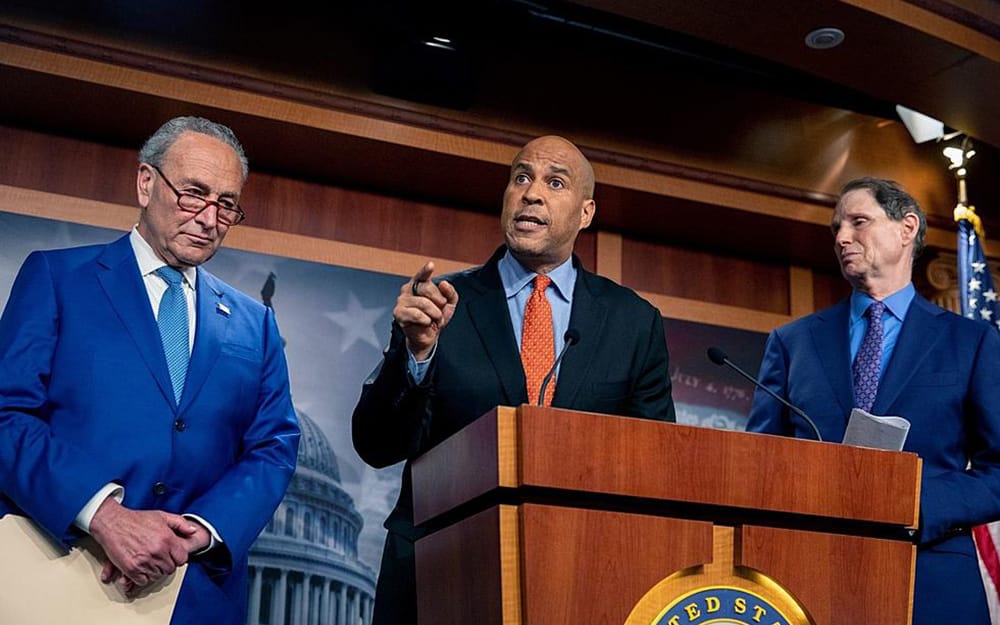
What is the Cannabis Administration and Opportunity Act?

Senators Cory Booker, Chuck Schumer and Ron Wyden have introduced a bill that would legalize and regulate cannabis at the federal level.
The Cannabis Administration and Opportunity Act (CAOA) is a comprehensive legislation that would end federal cannabis prohibition by removing cannabis from the Controlled Substances Act. The CAOA would also empower states to create their own cannabis laws; ensure federal regulation protects public health and safety; and prioritize restorative and economic justice.
The bill was initially introduced as a discussion draft in 2021, and after receiving over 1,800 comments, the senators made adjustments and additions to the bill before introducing it this to the chamber this week.
The restorative justice aspect of the bill would help undo the decades of harm caused by the failed War on Drugs, ends discrimination in the provision of federal benefits on the basis of cannabis use, provides major investments for cannabis research, and strengthens worker protections. By decriminalizing cannabis at the federal level, the CAOA also ensures that state-legal cannabis businesses or those in adjacent industries will no longer be denied access to bank accounts or financial services simply because of their ties to cannabis.
“As more states legalize cannabis and work towards reversing the many injustices the failed War on Drugs levied against Black, Brown, and low-income people, the federal government continues to lag woefully behind,” said Sen. Booker. “With strong restorative justice provisions for communities impacted by the drug war, support for small cannabis businesses, and expungement of federal cannabis offenses, this bill reflects long overdue, common sense drug policy. I am proud to have partnered with Senators Schumer and Wyden to introduce this critical legislation. The support that we have received from committee chairs and outside groups underscores the historic nature of this bill and the urgent need for Congress to pass it.”
The Cannabis Administration and Opportunity Act has several goals, including protecting public health and safety, and prioritizing restorative and economic justice. This would be done by implementing safeguards like track-and-trace and purchase limits on retail cannabis for the former. Expunging federal cannabis convictions and encouraging states to do the same would be an initial step for the latter objectives.
It would be made easier for more individuals to get involved in the legal cannabis industry by expanding access to loans and capital for entrepreneurs, especially those impacted by the war on drugs.
The regulation and taxation of cannabis would be implemented by transferring jurisdiction over cannabis from the Drug Enforcement Agency (DEA) to the Alcohol and Tobacco Tax and Trade Bureau (TTB). The regulatory framework would be similar to alcohol and tobacco while supposedly recognizing the unique nature of cannabis products.
By default, federal banks would now be permitted to freely do business with legal cannabis businesses without fear of prosecution from the government. Further, cannabis businesses would actually be allowed to claim tax deductions for business expenses, which currently isn’t an option in most states.
One of the last main objectives of the Cannabis Administration and Opportunity Act is to encourage cannabis research which has been severely lacking for decades. The CAOA would require more federal research into the impacts of cannabis on health and public safety.
The bill would also establish clinical trials through the VA to study the effects of medical cannabis on the health outcomes of veterans, compile industry-related data and trends, and establish grants for cannabis research.
For employees, federal drug testing for cannabis would be removed as well as random testing for cannabis. However certain “sensitive categories” of federal employees could still be drug tested. This includes those working in national security, law enforcement and commercial transportation.
Regular industry employees would also get worker protections.
There is no current timeline on when the bill we be held to a vote in the Senate. The SAFE Banking Act which aimed to only allow legal cannabis businesses in states access to federal banking, has been shot down in the Senate several times.


